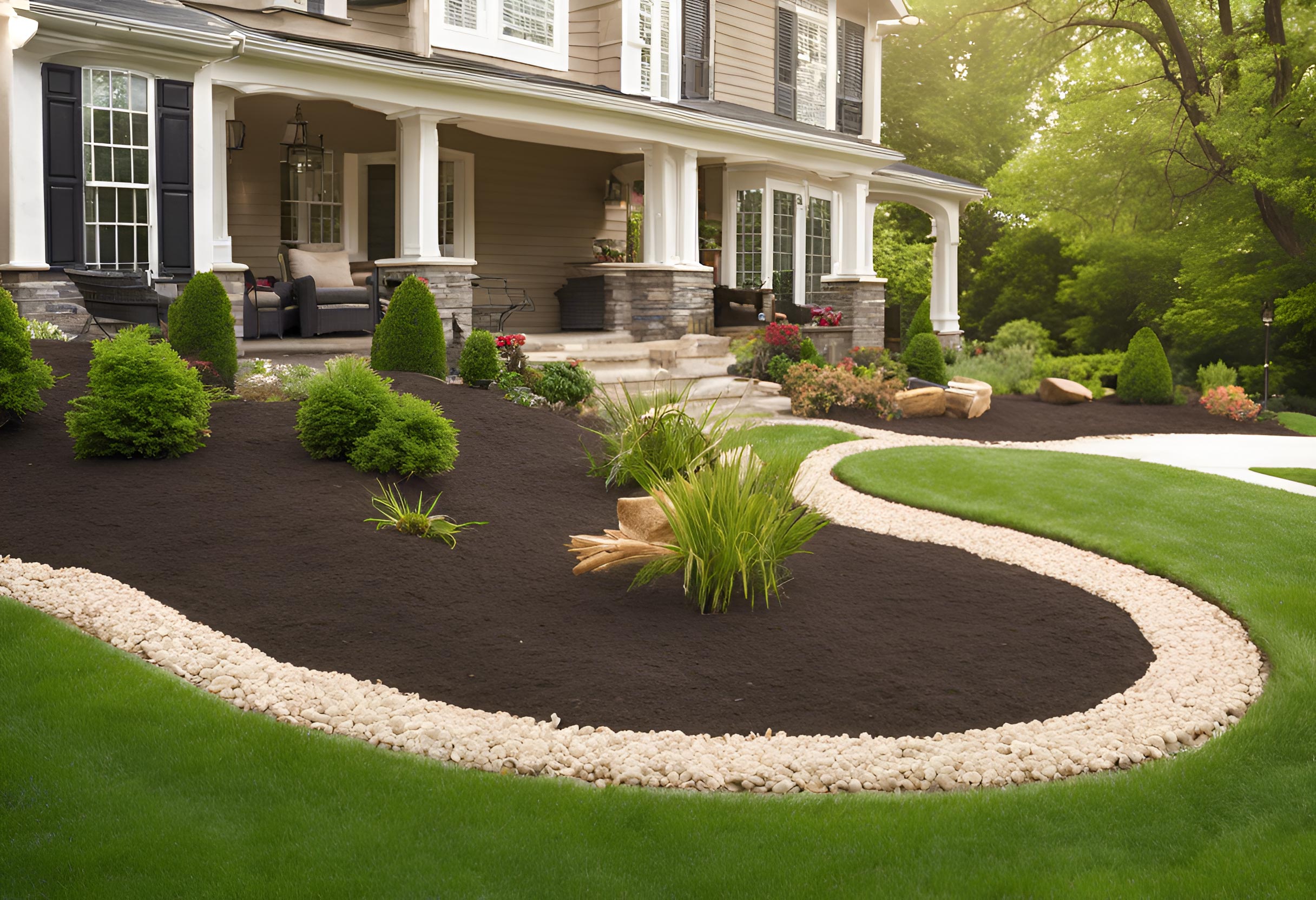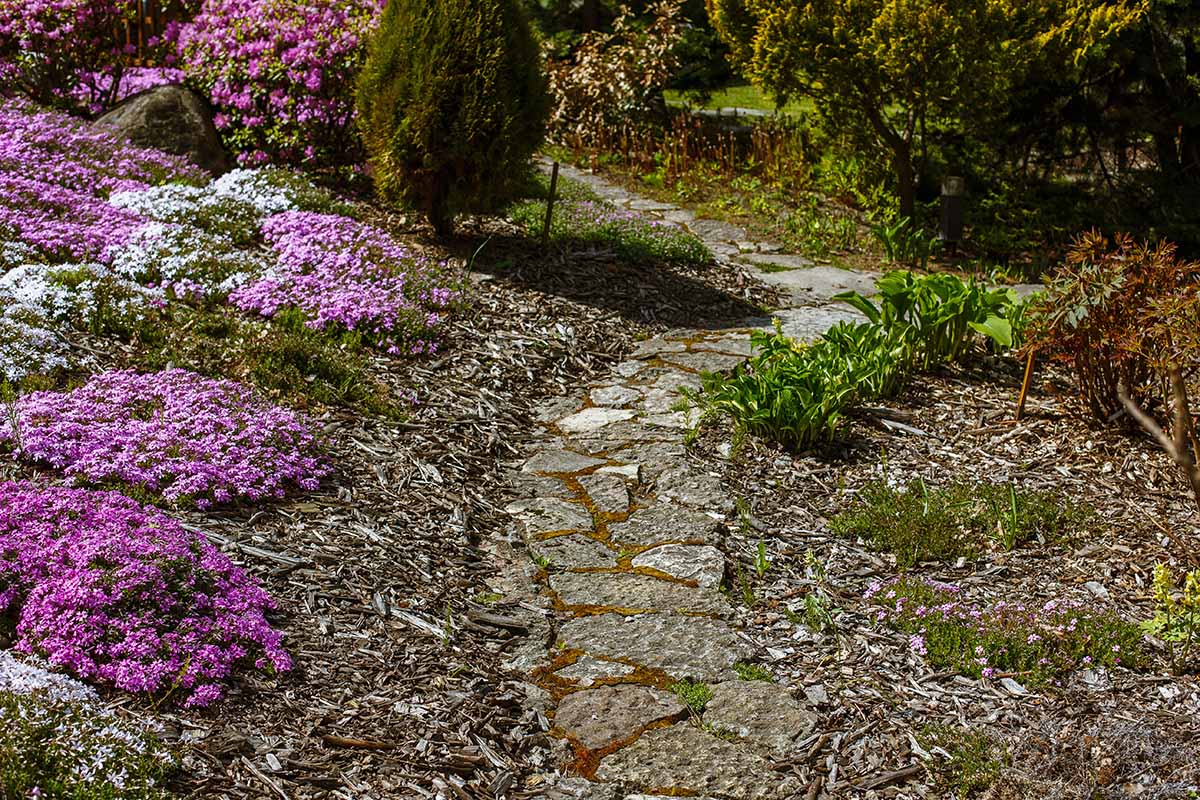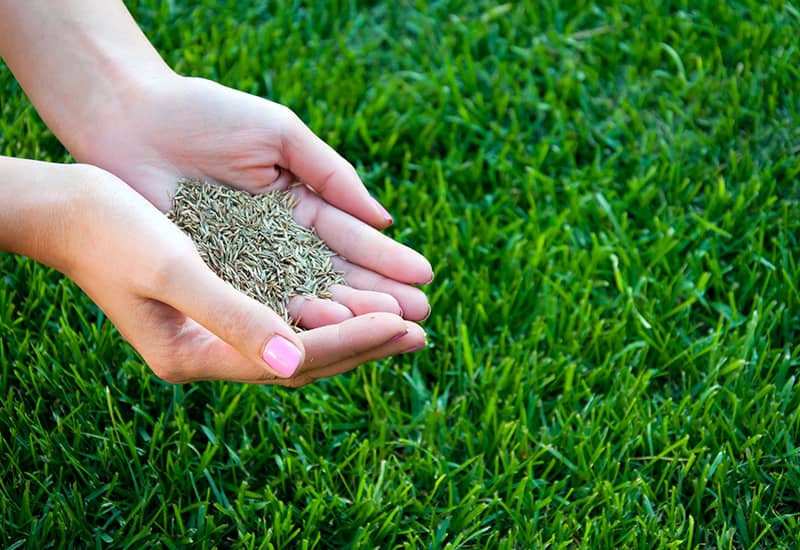What Is Landscape Grading?
Landscape grading is the process of shaping and leveling the land around your property to ensure proper water drainage, prevent soil erosion, and create a safe, functional, and aesthetically pleasing yard. Proper grading can protect your home’s foundation, enhance lawn health, and even improve outdoor living spaces.
It’s important to note that landscape grading is different from simple leveling. While leveling smooths the surface for aesthetics, grading ensures water flows away from your home and reduces drainage issues, which is critical in areas prone to heavy rainfall or water accumulation.
Key Benefits of Landscape Grading:
- Prevents water pooling near foundations
- Reduces soil erosion
- Enhances lawn and garden health
- Improves outdoor aesthetics
Why Proper Grading Matters
Proper landscape grading is essential for several reasons:
1. Protects Your Home’s Foundation
Water pooling near your foundation can lead to cracks, leaks, and structural damage. By grading your yard correctly, water is diverted away from the house, keeping your foundation dry and stable.
2. Prevents Soil Erosion
Improper slopes can cause soil to wash away during heavy rain. Grading helps control runoff and keeps your landscape intact.
3. Improves Lawn Health
Graded landscapes allow water to reach plant roots efficiently without creating soggy areas. This promotes healthy grass, shrubs, and flower beds.
4. Enhances Outdoor Spaces
Proper grading creates level areas for patios, walkways, and play spaces, improving the functionality and visual appeal of your yard.
How Much Does Landscape Grading Cost?
The cost of landscape grading varies depending on the size of your property, the slope, soil type, and whether you hire professionals or attempt DIY yard grading.
Average Cost Estimates
| Service Type | Average Cost Range | Notes |
|---|---|---|
| Professional grading (per 1,000 sq ft) | $500 – $2,500 | Includes machinery and labor |
| Excavation for major slope correction | $1,500 – $5,000 | For steep slopes or drainage corrections |
| DIY grading materials & tools | $100 – $500 | Includes shovels, rakes, and stakes |
Factors Affecting Cost:
- Yard size and slope steepness
- Soil type (clay, sand, or rocky)
- Access to equipment and machinery
- Labor rates in your area
DIY vs. Professional:
DIY grading saves money but requires time, effort, and proper tools. Professionals offer expertise, speed, and ensure proper drainage, reducing the risk of future water damage.
Yard Grading for Drainage: Best Practices
Proper yard grading for drainage ensures water flows away from your home and prevents pooling or flooding.
1. Ideal Slope for Water Diversion
- A minimum slope of 2% (1/4 inch per foot) away from the foundation is recommended.
- Steeper slopes may require retaining walls to prevent erosion.
2. Grading Around the Foundation
- Maintain a slope of at least 6 inches over 10 feet away from your foundation.
- Ensure soil is compacted to prevent settling over time.
- Avoid directing water toward neighbors’ property.
3. Common Mistakes to Avoid
- Overgrading near foundations causing water runoff issues
- Ignoring low spots that collect water
- Failing to compact soil after grading
Tip: Combine grading with proper drainage solutions, such as French drains or swales, for maximum effectiveness.
DIY Yard Grading: Step-by-Step Guide
For homeowners who want to attempt DIY yard grading, follow these steps:
Tools and Materials Needed:
- Shovels and rakes
- String line and stakes
- Garden hose or spray paint for layout
- Compactor or tamper
- Soil for filling low areas
Preparation and Safety:
- Check for underground utilities before digging
- Wear gloves, boots, and safety goggles
- Remove rocks, roots, and debris
Grading Process:
- Plan the Slope: Mark high and low points with stakes and string line.
- Excavate High Spots: Remove soil from high areas using a shovel or mini-excavator.
- Fill Low Spots: Add soil to low areas and spread evenly.
- Compact Soil: Use a compactor to prevent settling.
- Check Slope: Ensure water flows away from the foundation.
- Add Topsoil & Seed: Cover graded areas with topsoil and grass seed if needed.
Post-Grading Care:
- Monitor for pooling after rain
- Adjust slope or add soil if necessary
- Mulch around plants to prevent erosion
Hiring a Professional: When and Why
While DIY grading works for minor adjustments, a professional is recommended for:
- Steep slopes or large properties
- Water pooling issues near foundations
- Complex drainage solutions like French drains
Choosing the Right Contractor:
- Look for licensed and insured landscapers
- Check references and past projects
- Request a detailed estimate including materials and labor
Related Landscaping Topics
Enhance your landscape with additional tips and ideas:
- Ground Cover Plants: Top Ground Cover Plants: Low Maintenance, Shade Options, and Planting Guide
- Soil preparation techniques
- Erosion control strategies
- Backyard landscaping ideas
FAQs About Landscape Grading
Q1: What is the best slope for grading a yard?
A: A minimum of 2% slope (1/4 inch per foot) away from your foundation ensures proper drainage.
Q2: Can I grade my yard myself?
A: Yes, minor grading can be done with DIY tools, but professional help is recommended for large or steep areas.
Q3: How do I know if my yard needs grading?
A: Signs include water pooling near your foundation, soggy areas, or erosion problems.
Q4: How much does landscape grading cost?
A: Costs range from $500 to $2,500 per 1,000 sq ft for professional services, depending on slope and soil conditions.
Q5: What is landscape grading near foundation?
A: It refers to adjusting the slope immediately around your home to direct water away and protect the foundation.
Conclusion
Proper landscape grading is essential for protecting your home, maintaining a healthy lawn, and improving the functionality of your outdoor space. Whether you attempt DIY yard grading or hire a professional, following best practices ensures long-term benefits and prevents costly water damage.
Call-to-Action:
If you’re unsure about grading your yard or want professional assistance, contact Landscaping Studios today for expert landscape grading services tailored to your home and budget.





